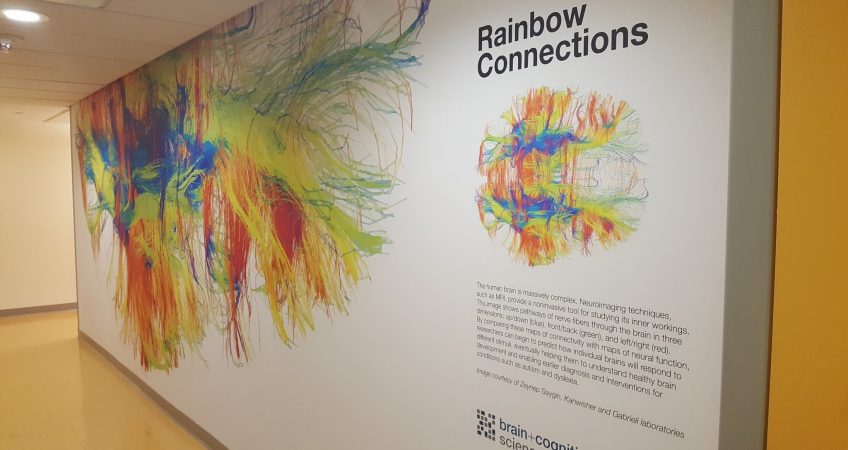Are the modern methods for learning English more effective?

“Textbooks are useless”, “Grammar is boring”— argue the authors of contemporary teaching strategies and encourage students to ignore grammar rules and learn phrases instead. Has there really been a revolution in the foreign language learning process?
If you ask me, I’m going to say that yes, of course there has been. I do believe in constant and ongoing development, which naturally embraces creating new methodologies with a heavy grounding in the latest research findings and the creation of fantastic programmes and apps. Learning English in virtual or augmented reality is likely to be a trend in the future, and Arloopa have already demonstrated how it would work. According to recent studies and Nick Michelioudakis at Modern English Teacher, when we are animated and discuss a topic we’re into, we can learn new phrases up to 5 times faster in comparison to studying words which hold no particular significance to us. Spoilt by omnipresent modern technologies, such as personalised learning apps or themed chat rooms at one’s fingertips, it would be a shame not to make the most of it!
Do traditional textbooks deserve to receive so much criticism?
Well, in this case I’m not going to jump on the bandwagon. Based on their research and practice, many linguists have demonstrated that there is no single best method for everyone and that we shouldn’t apply the same methodology to all learners, who have different personalities, learning preferences and objectives. I can illustrate this statement by offering a comparison of two of my clients who have had similar goals (to speak English naturally and with confidence) but very different personal qualities. The first one I’m going to introduce is audio-kinaesthetic. Whenever we have an animated discussion his energy and motivation levels increase and he learns new structures, recently the third conditional, with the speed of light. He listens to many podcasts in his free time and when we discuss them during our one-to-ones I lead the conversation in a way that he can practise the recently introduced structures. He truly hates grammar textbooks. The second client I want to tell you about is very analytical, that’s the way he has always been, and he does love Maths and formulas. He’s visual and when I wanted to introduce the third conditional form to him I initially used a credible grammar textbook. This was followed by numerous teacher-led discussions and other interactive methods, including a good deal of audio exposure. The result – both clients have quickly learnt to use the third conditional automatically and with confidence.
What is the role of the modern teacher?
The contemporary audio-lingual approach places more responsibility in the hands of the students to manage their own learning. As a consequence, teachers take roles as facilitators of knowledge to enable learners learn how to learn rather than being the sole source of knowledge. The modern teacher motivates learners and oversees their progress but it’s the new age teacher who develops their own methodologies with the use of the latest technologies, research findings and most importantly, tailored to both their own and their student’s personality.
*Featured photo credited to @mitbrainandcog research centre




I’m Marta’s client for English, probably the most difficult one (sorry Marta!) I’ve never really understood grammar rules, they make me sick to be honest, I work as a creative director and I think I have a truly artistic mind. But she still, by testing up and mixing up so many different modern and traditional methods, taught me how speak correctly and naturally with my clients and other people from abroad. I am no longer ashamed of my poor English. It’s so cool.
A difficult learner? But such a thing doesn’t exist! All we need to realise is that different people have different learning styles and only certain methodologies would ever work for them. Glad I’ve found a way to boost your English 🙂